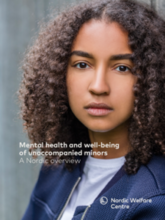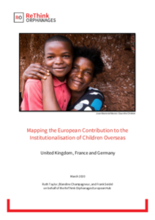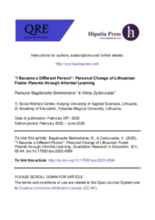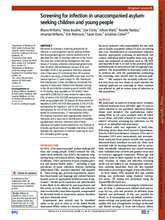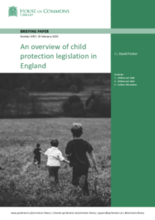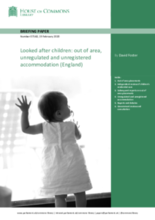

Displaying 581 - 590 of 1653
This report surveys different aspects of health of unaccompanied minors who have arrived in the Nordic region.
Significant anecdotal evidence suggests that other countries across Europe also make a considerable contribution to the supply chain of people, money and resources that continue to sustain and foster the orphanage industry worldwide. This report seeks to map the contribution of the three countries in Europe with the largest volunteer travel markets: The United Kingdom, Germany and France.
Family for Every Child is seeking a flexible and enthusiastic Fundraising Officer with excellent writing skills, and experience of raising funds from trusts and foundations.
This article presents the findings of the qualitative study on the personal change of foster parents carried out in Lithuania, which reveals the subjective experience of informal learning of the foster parents fostering a non-relative child.
This study aims to explore how young migrants in kinship care in a Swedish suburb describe what different places mean to them and what these descriptions can tell us about their sense of belonging.
This article presents a ten-year service evaluation of the Adolescent Multi-Agency Specialist Service (AMASS), an edge of care service based within Islington Children’s Services.
The authors of this study aimed to evaluate a screening programme for infection in unaccompanied asylum seeking children and young people against national guidance and to describe the rates of identified infection in the cohort.
There is limited understanding related to the role of community‐based centres in reducing social exclusion and isolation, so the aim of this research was to explore the role one family centre had in improving social inclusion in a deprived community in Glasgow, Scotland.
This briefing gives a very broad overview of the legislative framework for child protection in England.
This briefing provides information on two separate but related topics concerning looked after children in England: out of area and distant placements and unregulated and unregistered accommodation

